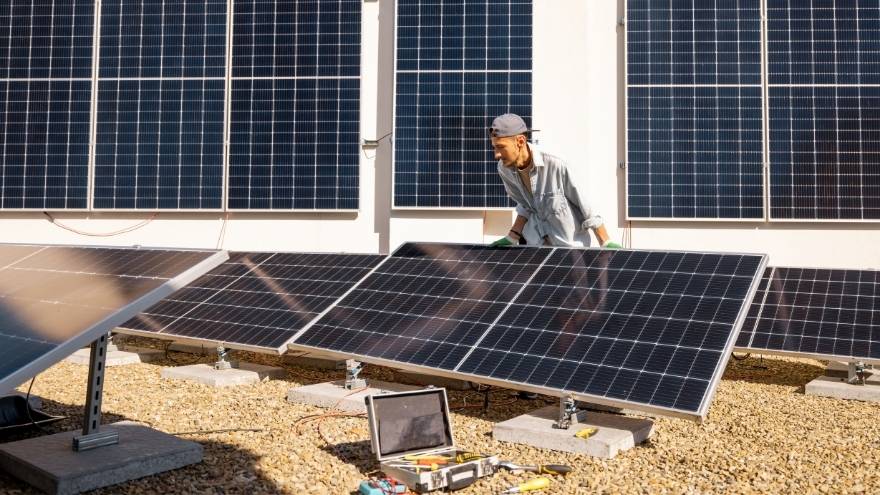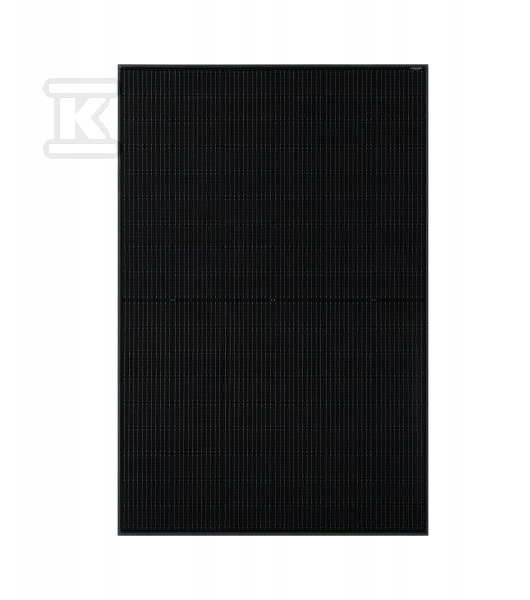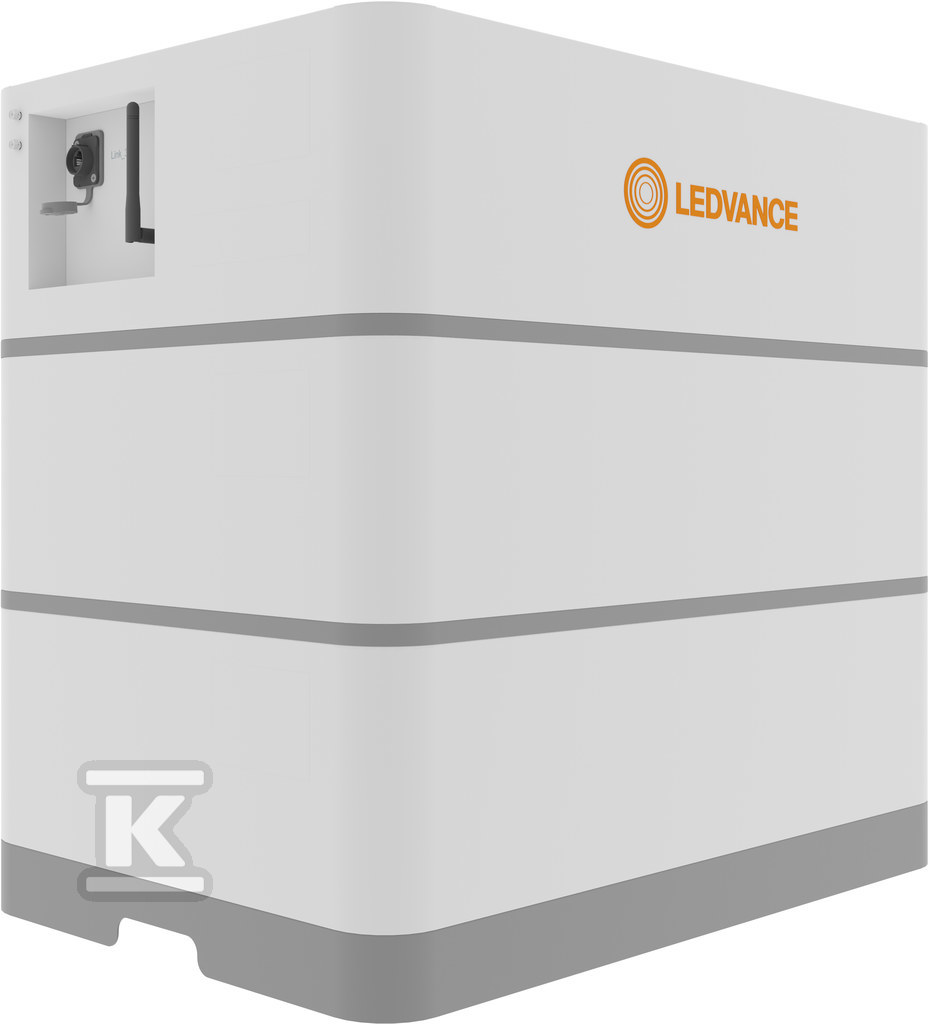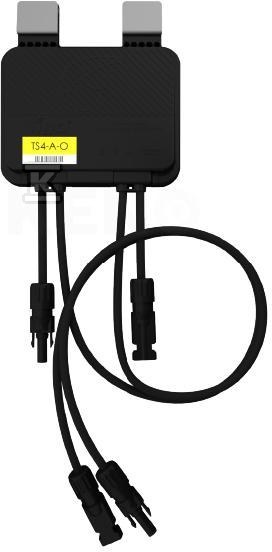Photovoltaic installations are gaining popularity as a renewable energy solution. With rising electricity prices and growing environmental awareness, more and more people are deciding to install a photovoltaic system. Before deciding on the right system, it is worth considering whether to choose an on-grid or off-grid installation. Both of these solutions offer different features, advantages and disadvantages that depend on the specific needs of the user, local conditions and available resources.

Check out photovoltaics at the Onninen wholesaler
What exactly is an on-grid photovoltaic installation?
 An on-grid installation is a system connected to the power grid, which means that the operation of photovoltaic modules depends on an external energy supplier that powers the individual elements of the system. A user of a photovoltaic installation who uses solar energy on an ongoing basis can transfer surplus energy to the power plant, where it will be stored.
An on-grid installation is a system connected to the power grid, which means that the operation of photovoltaic modules depends on an external energy supplier that powers the individual elements of the system. A user of a photovoltaic installation who uses solar energy on an ongoing basis can transfer surplus energy to the power plant, where it will be stored.
This is especially useful during periods when the solar radiation is insufficient and the PV system cannot produce full power. In such a case, the previously transferred energy can be recovered and reused. Surplus energy can be purchased from the power company. Thanks to the possibility of storing energy, on-grid systems are often chosen in homes that use PV energy and are connected to the power grid. Such a solution offers many advantages.
Advantages of on-grid PV installations
The main advantage of on-grid installations is the ability to transfer surplus energy (e.g. in summer) to the power grid, which can then be used in two ways:
- Retrieve 80% of stored energy during periods of low sunlight, e.g. in winter when the days are shorter.
- Sell excess energy to an external electricity supplier.
 According to the current regulations, energy is sold at a price equal to 80% of the average selling price of electricity in the country from the previous year. Importantly, in order to produce energy from renewable sources in a household, it is not necessary to establish a business or obtain a license. Additionally, on-grid installations are cheaper than off-grid systems. The advantages of on-grid PV installations also include:
According to the current regulations, energy is sold at a price equal to 80% of the average selling price of electricity in the country from the previous year. Importantly, in order to produce energy from renewable sources in a household, it is not necessary to establish a business or obtain a license. Additionally, on-grid installations are cheaper than off-grid systems. The advantages of on-grid PV installations also include:
- lower initial cost - in this case, there is no need to invest in expensive batteries, which are required in an off-grid system. Photovoltaic panels , inverter and cabling are the main elements of an on-grid system, and the installation price is usually lower than in the case of off-grid systems,
- low maintenance costs - on-grid installations are relatively easy to maintain because they do not contain batteries that require regular replacement and maintenance. Photovoltaic panels can operate for many years, and the inverter, which is a key element of the system, requires only occasional maintenance.
When is an off-grid photovoltaic installation a better choice?
An off-grid photovoltaic installation will work best in situations where there is no access to the public power grid, because it allows for complete independence from external energy suppliers. Thanks to this system, it is possible to independently generate and store energy on site, which ensures energy autonomy.
 In addition, those who want complete independence from the power grid, both in terms of access to energy and electricity prices, can take advantage of this solution, which gives full control over energy production, storage and consumption. Off-grid installation will also be beneficial in places with irregular access to energy, where there are frequent network failures.
In addition, those who want complete independence from the power grid, both in terms of access to energy and electricity prices, can take advantage of this solution, which gives full control over energy production, storage and consumption. Off-grid installation will also be beneficial in places with irregular access to energy, where there are frequent network failures.
Batteries and energy storage provide a stable power source in such cases. Such systems are also ideal for summer houses, hostels or farms that are located outside the reach of the power grid, where connecting to it is difficult or too expensive.
Additionally, off-grid installation increases energy security by ensuring continuity of power supply in the event of a grid failure, which is particularly important in facilities requiring constant access to energy. In such cases, off-grid photovoltaics is an optimal option, eliminating the need to connect to the power grid.
Which solution is better? On-grid or off-grid photovoltaic installation?
The choice between an on-grid or off-grid photovoltaic installation depends on the availability of the power grid, the need for energy independence and the investment costs.
The on-grid system is more cost-effective if the property is connected to the grid. It allows surplus energy to be sent to the grid and recovered during periods of lower sunlight. It is cheaper because it does not require expensive energy storage, and it also allows surplus energy to be sold to the power company, which can reduce electricity bills. The disadvantage is the dependence on the grid, and in the event of a grid failure, the system ceases to operate.
Off-grid installation is suitable when there is no access to the grid or when we want complete independence. It allows for independent generation and storage of energy, ensuring continuity of power without the need for connection to the grid. It is more expensive and more complicated due to the need to purchase batteries, but it is ideal for remote locations.